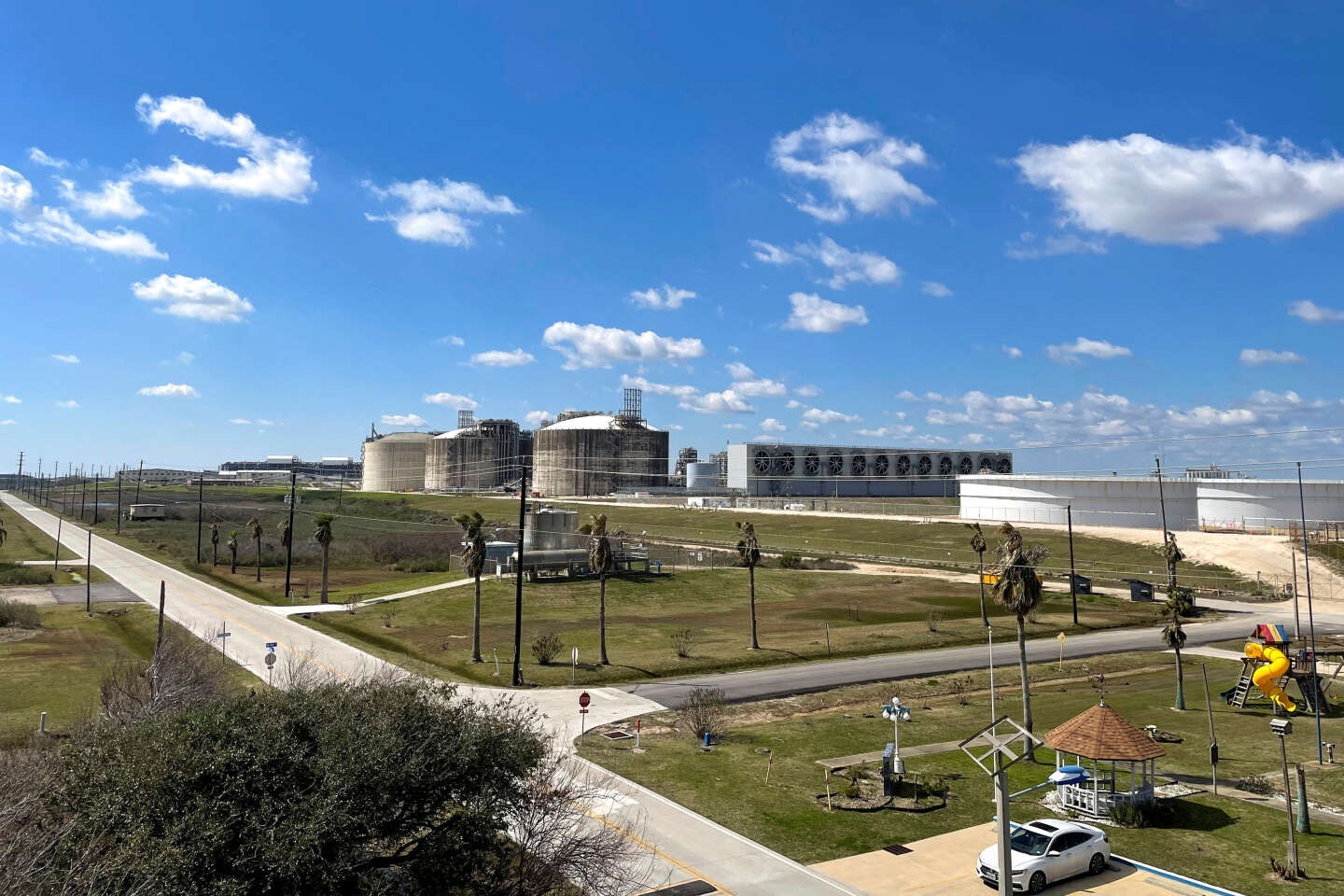The Biden administration has announced a freeze on new export permits for natural gas, pending a comprehensive review of their impact on climate change.
This move, part of President Joe Biden’s efforts to curb the fossil fuel industry, marks a significant step and demonstrates the growing influence of environmental groups on the administration.
The decision, coming a month after the U.N. climate summit, aligns with the global commitment to transition away from fossil fuels. President Biden emphasized his dedication to addressing climate change, describing it as the “existential threat of our time.”

Despite this commitment, Republicans and advocates for the gas industry criticized the decision, labeling it a “national security disaster” and a “climate disaster.” They argue that exporting clean-burning American natural gas helps reduce emissions.
The freeze involves putting a hold on approvals for approximately 10 projects that have applied for permits but have not yet received them, pending final investment decisions. This includes the CP2 project by Venture Global along the Louisiana coast.
However, existing projects already approved and under construction are expected to contribute to soaring gas exports in the coming years.
White House officials believe the moratorium on new projects will not significantly impact gas shipments to Europe, emphasizing President Biden’s commitment to climate goals. The U.S. has become the world’s largest exporter of natural gas in just eight years, contributing to its role as a global energy superpower.
The decision to review liquefied natural gas (LNG) projects stems from concerns about methane pollution, a potent source of planet-warming emissions.
The review by the Department of Energy and the White House will assess the impact of LNG production on climate change, environmental quality, and domestic economics.
The Energy Department’s National Labs will conduct the review, and the analysis will be released for public comment after completion. The process is expected to take up to 15 months.
Environmental groups welcomed the decision, considering it a significant step for President Biden’s climate agenda. They argue that the freeze on LNG exports aligns with efforts to combat climate change and protect communities and the environment.
Critics have accused export facilities along the Gulf Coast of diverting natural gas from the domestic market, potentially raising costs for U.S. electricity customers and impacting air quality in nearby communities. Methane, released during natural gas production, is a potent greenhouse gas that contributes to climate change.
While the oil industry condemned the moratorium, calling it a “win for Russia,” environmentalists and some lawmakers praised the move, comparing it to Biden’s decision to cancel permits for the Keystone XL pipeline.
The freeze is seen as a politically expedient move to balance concerns from green groups and address environmental considerations. The review process will allow a closer examination of the economic, environmental, and national security aspects of LNG exports.
As the administration seeks to address climate concerns and fulfill international commitments, the decision on LNG exports reflects the ongoing challenge of balancing economic interests, environmental considerations, and geopolitical dynamics.

